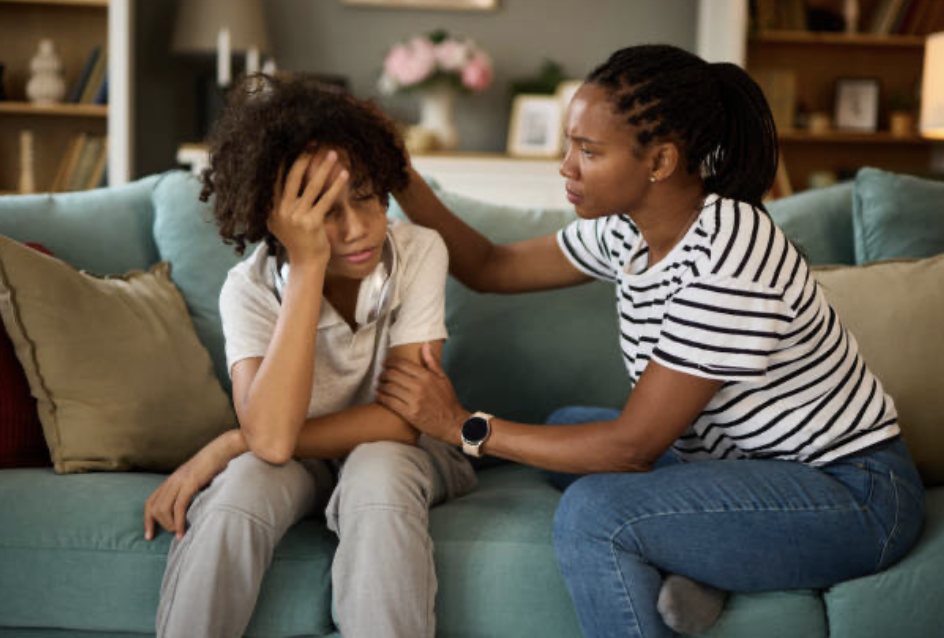
Services & Specialties
Relationship OCD (ROCD)
-
ROCD is characterized by intrusive doubts and fears about your relationships (romantic, platonic, familial, career, etc.), even when things are going well. You may find yourself obsessing over your relationships so much, it’s nearly impossible to enjoy them. Your relationships may begin to feel so overwhelming, it sometimes feels easier to isolate yourself.
-
Together, we use ERP to face these fears without constantly seeking reassurance, while ACT helps you reconnect with your values—so your relationships can feel grounded in trust and authenticity instead of fear.
Contamination OCD
-
Contamination OCD often involves fears of germs, illness, or spreading harm, often leading to excessive washing, cleaning, or avoidance. It can shrink your world and make everyday tasks exhausting.
-
In therapy, I guide you through safe, gradual exposures—like touching a “feared” surface without washing—so you can build resilience and freedom. Humor and creativity help make the process feel more doable (and even surprising).
Health Anxiety
-
Health anxiety (sometimes called hypochondria) is marked by obsessive worries about illness, misinterpreting normal bodily sensations as signs of something serious, and frequent checking or reassurance-seeking.
-
I help clients face health-related fears without relying on constant checking or medical reassurance, using ERP and ACT to shift from fear-driven behaviors toward living fully in the present.
Perfectionism / “Just Right” OCD
-
This form of OCD creates intense distress when things don’t feel “perfect,” symmetrical, or “just right.” It can involve repeating actions until they feel correct, organizing endlessly, or delaying tasks for fear of imperfection. Rather than anxiety, symptoms are more likely to be experiences as tension, discomfort, or a feeling of incompleteness.
-
Using ERP, I support clients in tolerating the discomfort of things being “incomplete” or imperfect, and with ACT, we reconnect to what really matters—freeing up time and energy for a more fulfilling life.
Hoarding Disorder
-
Hoarding disorder goes beyond simply collecting—it often brings feelings of shame, distress, and isolation, while making it hard to let go of items or maintain a safe living space.
-
I guide clients through evidence-based strategies that reduce shame, build motivation, and make decluttering feel manageable. Together, we practice decision-making skills, gradually face difficult situations, and create healthier routines so that life feels more open, peaceful, and balanced.
Recovery Coaching for Parents, Family, and Significant Others
-
When someone you love struggles with OCD or hoarding disorder, it’s easy to feel stuck between wanting to help and accidentally making things worse. Many families unknowingly “accommodate” or enable behaviors, which can strengthen the disorder instead of weakening it.
-
I teach parents, partners, and significant others how to step out of the cycle of enabling and into the role of recovery supporter. Through coaching, I help families set healthy boundaries, communicate effectively, and actively support their loved one’s progress—strengthening both recovery and relationships.





